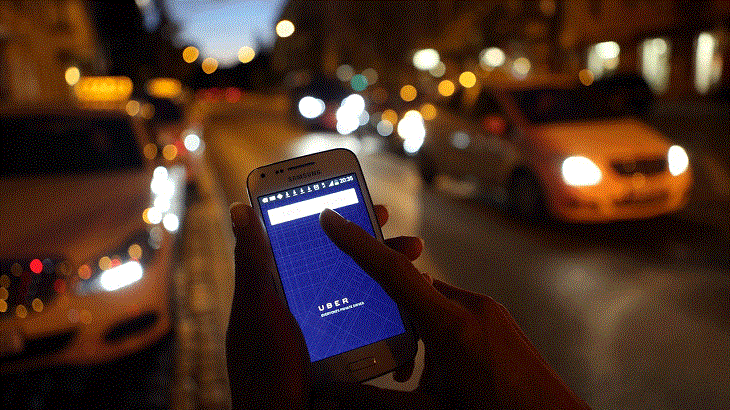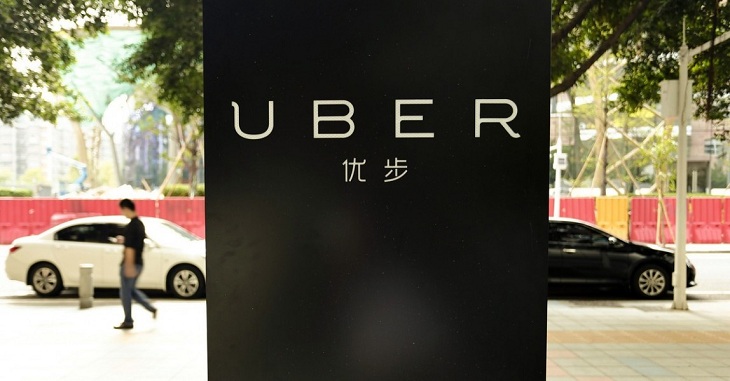
網約車正式合法,資料圖
東南網澳大利亞站7月29日綜合報道(本站記者彭寒)昨日,中國交通運輸部聯合公安部等七部門發布新規,正式明確網約車合法地位。
在公開征求意見10個月之后,《網絡預約出租汽車經營服務管理暫行辦法》(以下簡稱《辦法》)正式發布,并將于11月起正式實施,全球最龐大的網約車市場將迎來新的歷史篇章。
其中,《辦法》明確規定,網約車不得以低于成本的價格運營擾亂正常市場秩序,并且應當依法納稅。以上兩條規定或將帶來搭乘網約車出行價格上漲。

網約車不得以低于成本價運營,資料圖
中國:不得砸錢搶市場,應當依法納稅
許多人都記得網約車剛剛興起的時候全民瘋狂打車的情形,令人不敢相信的低價讓許多人養成了網約車出行的習慣。而大量的補貼也成功吸引了許多的私家車主兼職甚至全職開網約車。
《辦法》明確規定,網約車平臺公司不得有為排擠競爭對手或者獨占市場,以低于成本的價格運營擾亂正常市場秩序,同時地方政府也保留了實行政府指導價的權利。同時,《辦法》也指出網約車平臺公司應當依法納稅,為乘客購買乘運人責任險等相關保險,充分保障乘客權益。
“不讓砸錢的話應該會漲價吧”一位來自中國UBER的工作人員向本站記者透露,“中國砸錢砸得太厲害了,全世界的UBER中國砸錢得最狠,都在搶市場。”
?著名交通專家徐康明表示,在過去一兩年中,網約車發展的最大問題就是形成了無序的市場環境和非理性消費。資本力量通過大量補貼來排擠對方搶占市場,這在國際上是從來沒有的。新政出臺后,資本大量燒錢的行為肯定要制止,這是回歸理性市場秩序的前提。
不少打車平臺的用戶反應,部分平臺在近幾個月來已經開始漲價。一位濟南地區的滴滴快車用戶向本站記者表示,同樣是下班回家的路程,相比幾個月前的價格已經漲了近一半。在深圳地區全職開網約車的王先生告訴記者,綜合補貼下降以及傭金等因素,自己的收入已經有下降的趨勢了。

澳大利亞網約車合法化進程艱難,資料圖
澳大利亞:網約車與政府的拉鋸戰
無獨有偶,澳大利亞的網約車也正在進行艱難的合法化進程。目前,在澳大利亞共計8個州和領地中,包括新南威爾士州,首都領地,南澳,西澳等4個州或領地已經將以UBER為首的網約車公司合法化。
澳大利亞對于網約車合法化的討論最早始于兩年前,由于每個州或領地有著各自的法律和規定,因此合法化進程是分開進行的。在還沒有合法化的州或領地中,維多利亞州有望在今年之內實現網約車合法化。
在各州網約車合法化進程中,被討論和提及最多的問題莫過于像UBER一類網約車的誕生對出租車行業所造成的沖擊。以西澳和新南威爾士州為例,州政府為網約車合法化付出了沉重的代價:5800名因為網約車的出現而導致生意受到影響甚至失業的出租車司機,將每人獲得2萬澳幣的政府賠償。
“我把它看作是UBER的勝利,我們可以合法掙錢了。”悉尼UBER司機David與記者聊起新州網約車合法化時表示,“目前還有一個問題是乘坐UBER 需不需要交GST(商品和服務消費稅),這個對我們還是影響很大。”
目前,澳大利亞稅務局和UBER正在澳大利亞聯邦法院對薄公堂,就乘坐UBER是否應該繳納GST展開辯論,如果UBER敗訴,那么在澳大利亞的UBER乘客就將每單額外支付10%的GST。
?
China Legalizes Ride-Sharing Service, UBER Included
By Han, Southeast Net Australia, 29 July
New chapter of history revealed for UBER and its local rivals in China as State Department of Transport unveiled the new regulation yesterday, legalizing ride-sharing service in China.
After a 10-month public consult, the largest market of ride-sharing serviceacross the world --- nearly 400 million Chinese people are now traveling within their cities with ride-sharing service --- is to be regulated by the State and Provincial Government of China.
The new rule, to be formally implemented in November, has ruled out companies like DIDI and UBER from operating under cost to win a larger market share. The subsidy war last year where almost every ride-sharing service provider in China spent billions on both passengers and drivers, just to expand their business in the enormous market, has been called off by the government.
“What has been displayed in terms of pouring capital for market share has never been observed anywhere else in the world, which left the market orderless and filled with irrational consumption. ” Transport expert XuKangming Said.
“The new regulation paves the way back to order.”
Like the several states in Australia where UBER has been legalized, drivers in China are also required to undergo criminal behavior checks before they are eligible of driving passengers.
?The new regulation has also enforced ride-sharing service providers to pay tax and purchase insurance for every passenger, which is widely considered as a sign of higher prices to travel with UBER and DIDI.
“Raising price is an option,” said Ms. Sun, staff of UBER China, “But UBER has not raised prices for now. ”

“It is the greatest pleasure for us to witness the history with all of you.” Said UBER China in its official statement. While most ride-sharing service providers are cautiously celebrating, cab drivers are certainly the loser of the new regulation.
?Although we’ve seen several cab drivers strikes in different cities of China in the past year, compensation to these cab drivers are not mentioned or likely to happen, according to the source from DIDI.
“I’ve been thinking about switching to UBER for a while.” Said Wong, a taxi driver from Chengdu, Central City of China, “It’s about time.”
?Chinese people have been debating over the whole year whether taxi plate fee is to blame in the first place, while the truth is UBER and its local rivals including DIDI have boosted employment of China by helping 13% of their full-time drivers out of then unemployment.
“Nobody is to blame. It’s a new industry and it’s enormous.” Said Lee, a UBER driver in Beijing.
?

